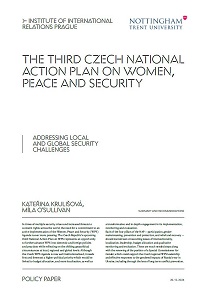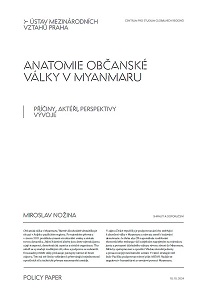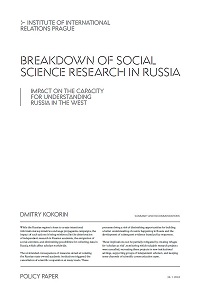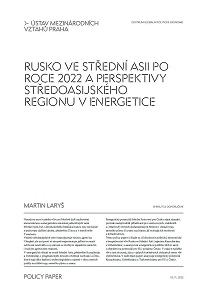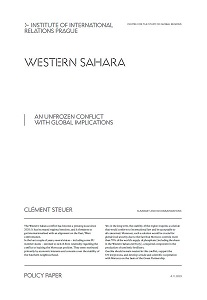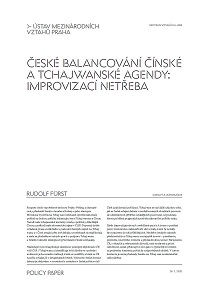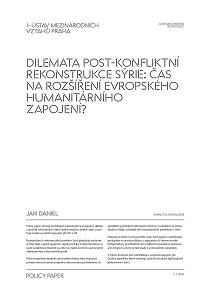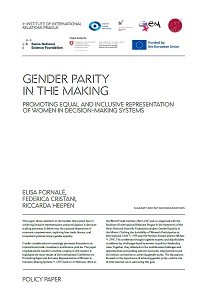
Gender Parity in the making. Promoting equal and inclusive Representation of Women in Decision-Making Systems
Gender Parity in the making. Promoting equal and inclusive Representation of Women in Decision-Making Systems
Keywords: Women in Decision-Making Systems;
This paper draws attention to the hurdles that women face in achieving inclusive representation and participation in decisionmaking processes. It delves into the nuanced dimensions of economic empowerment, exploring how trade, finance, and investment policies impact gender equality. Gender considerations increasingly permeate discussions on international trade, investment, and finance policies. The paper emphasizes the need for a holistic analysis in this respect. It highlights the main results of the International Conference on Promoting Equal and Inclusive Representation of Women in Decision-Making Systems, held on 23 February 2024 at the World Trade Institute (Bern, CH) and co-organized with the Institute of International Relations Prague in the framework of the Swiss National Scientific Foundation project Gender Equality in the Mirror: Clothing the Invisibility of Women’s Participation at International Level and the Horizon Europe project HRJust. The conference brought together experts and stakeholders to address key challenges faced by women in political leadership roles. Together, they reflected on the multifaceted challenges and opportunities surrounding women's economic empowerment and its intrinsic connection to achieving gender parity. The discussions focused on the importance of achieving gender parity and the role of international law in advancing this goal.
More...
